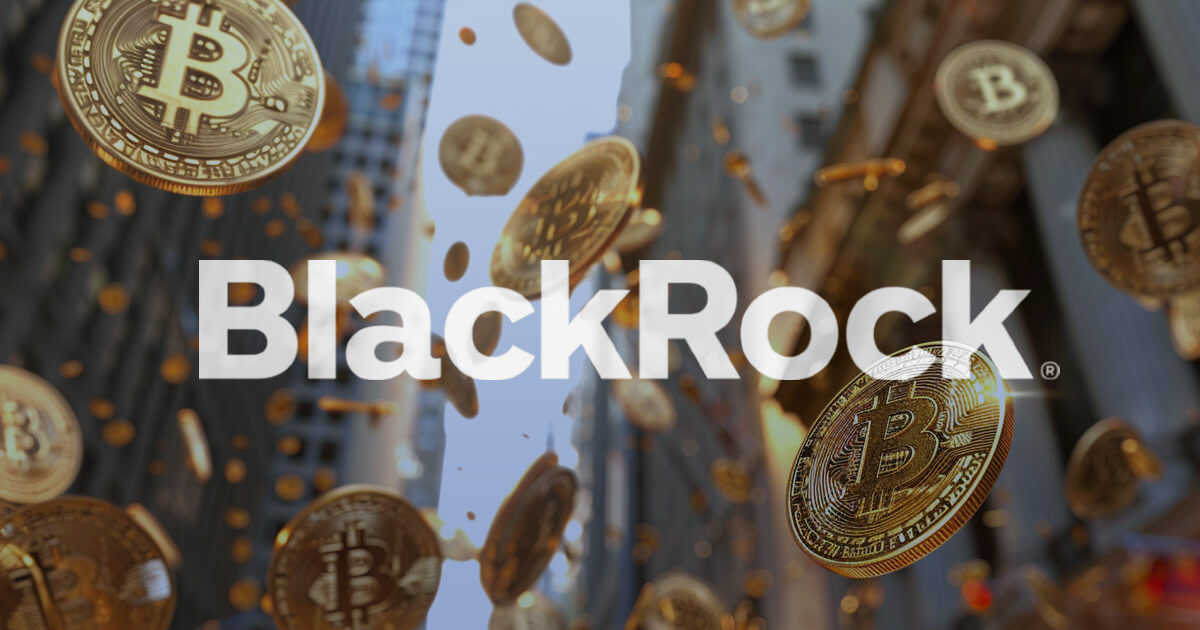

The iShares Bitcoin Trust ETF (IBIT) surpassed $23.3 billion in net asset value (NAV) in the third quarter, registering a 20% quarterly growth, according to a Nov. 7 to a 10-Q Form filing with the US Securities and Exchange Commission (SEC).
BlackRock’s Bitcoin (BTC) exchange-traded fund (ETF) holds 367,805 BTC, worth roughly $21.5 billion, with roughly $1.8 billion in unrealized profit as of Sept. 30.
Additionally, since its inception, the IBIT has only sold 0.28% of its Bitcoin stash to cover share redemption, indicating high investor retention. As a result, the fund ended the third quarter with 366,448 BTC under management.
Shares growing
The filing highlighted that the NAV growth is mainly related to a 19.8% increase in outstanding shares, rising from 539.1 million to 644 million between quarters. Outstanding shares are owned by investors and are available for trading in the secondary market.
IBIT’s liabilities are nearly $4 million, which is related to the ETF’s sponsor fees. Besides that, BlackRock’s spot Bitcoin ETF has not registered any expenses since January.
Notably, BlackRock registered over $1.6 million in realized profit by selling BTC since its inception to cover its expenses related to sponsor fees and redeeming investors’ shares.
Daily records
IBIT registered two daily records on Nov. 6 after hitting $1 billion in daily trading volume within 20 minutes of the trading session.
Bloomberg senior ETF analyst Eric Balchunas highlighted that IBIT closed the day with $4.1 billion in trading volume, its highest since launch. However, IBIT registered its worst daily outflow on the same day, as $69.1 million left the fund.
Balchunas added:
“For context that’s more volume than stocks like Berkshire, Netflix or Visa saw today. It was also up 10%, its second best day since launching.”
Additionally, the US-traded spot Bitcoin ETFs reached $6 billion in volume, a collective record.
Nevertheless, considering last week’s massive inflows, the outflows seen this week are not a cause for concern, as highlighted by a recent Glassnode report.
Mentioned in this article
